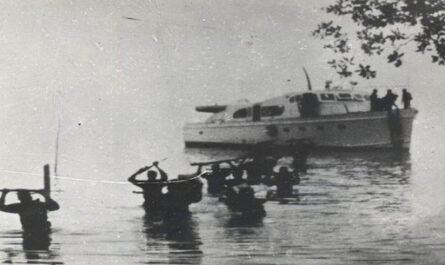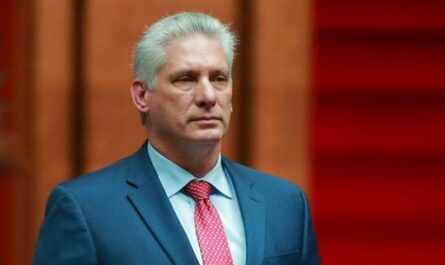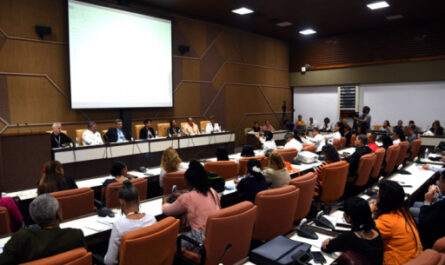Four cruise lines that included Cuba in their itineraries will have to pay more than 400 million dollars for alleged damages to a U.S. company, according to a ruling by a federal judge in the state of Florida, which tightens the economic, commercial and financial blockade against Cuba, the largest of the Antilles.
This was denounced today by the Granma newspaper, which emphasizes that this measure is intended to scare those who do business with Cuba, and reaffirms the prohibition for US citizens to visit the island, although, according to the White House, the freedom to travel is a right of all people.
The sanction is due to Title III of the Helms-Burton Act, which establishes protection for claims of nationalized or expropriated properties in Cuba, and was activated in 2019 by authorization of then U.S. President Donald Trump, after remaining inactive since the legislation was signed in 1996.
By virtue of this, Judge Beth Bloom determined alleged damages to the Havana Docks company, which had the concession to exploit some of the docks of the port of Havana before the triumph of the Cuban Revolution in 1959.
Granma pointed out that the properties of this company were seized by the Cuban government, in use of its sovereignty, like any independent nation, but the United States never wanted to negotiate, nor did it allow its affected companies to do so.
According to the text, on July 6, 1960, the Cuban government issued Law 851, complementary to the Fundamental Law of 1959, which established the principle of forced expropriation for reasons of public utility.
Thus, the form of compensating the nationalized property by means of the national bonds issued for that purpose was established, and the designation of experts to value such property for the purpose of its payment through the amortization of such bonds was ordered.
According to the newspaper, the National Bank of Cuba created a Fund for the payment of expropriations of goods and companies of U.S. nationals, which would be financed with 25 % of the foreign currency, which corresponded to the sugar purchases made each year by the U.S. The bonds would accrue from the expropriation of goods and companies of U.S. nationals.
It added that the bonuses would accrue 2 % annual interest and would begin to be paid in a term of no less than 30 years, however, Washington cut off the purchase of this item from Cuba, which made Law 851 impracticable.
Later, in February 1962, the U.S. government continued its measures against the Cuban Revolution with the decree of the blockade, which would later be reinforced.
On March 12, 1996, the so-called Cuban Freedom and Democratic Solidarity Act was signed, better known as Helms-Burton, after the names of its main promoters (Jesse Helms and Dan Burton).
Its four titles refer to the internationalization of the blockade, to a political transition plan, to the protection of claims of nationalized or expropriated properties in Cuba, and to the prohibition of entry into U.S. territory of persons sued under Title III.
This legislation violates the laws and human rights of the Cuban people, as well as numerous statutes of international law regulating political, economic, commercial and financial relations between States.




